Are you passionate about working with children and helping shape the foundations of their learning journey? A career in early childhood education in the UK can be incredibly fulfilling, offering the chance to make a real difference in the lives of young children during their most crucial developmental years. Whether you're starting from scratch or looking to pivot into a more rewarding role, becoming an Early Years Educator opens doors to a dynamic, purpose-driven profession.
Why Choose a Career in Early Childhood Education?
The early years are critical in a child’s development, and Early Years Educators play a vital role in supporting learning through play, promoting emotional well-being and building the foundations for lifelong skills. It’s more than just a job, it’s a vocation that requires empathy, creativity and a genuine love for working with children.
In recent years, there’s been a growing recognition of the importance of Early Years education across the UK. With initiatives to expand funded childcare hours and improve access to high-quality nursery settings, demand for qualified Early Years professionals is rising. This makes now a perfect time to consider entering the sector.
What Does an Early Childhood Educator Do?
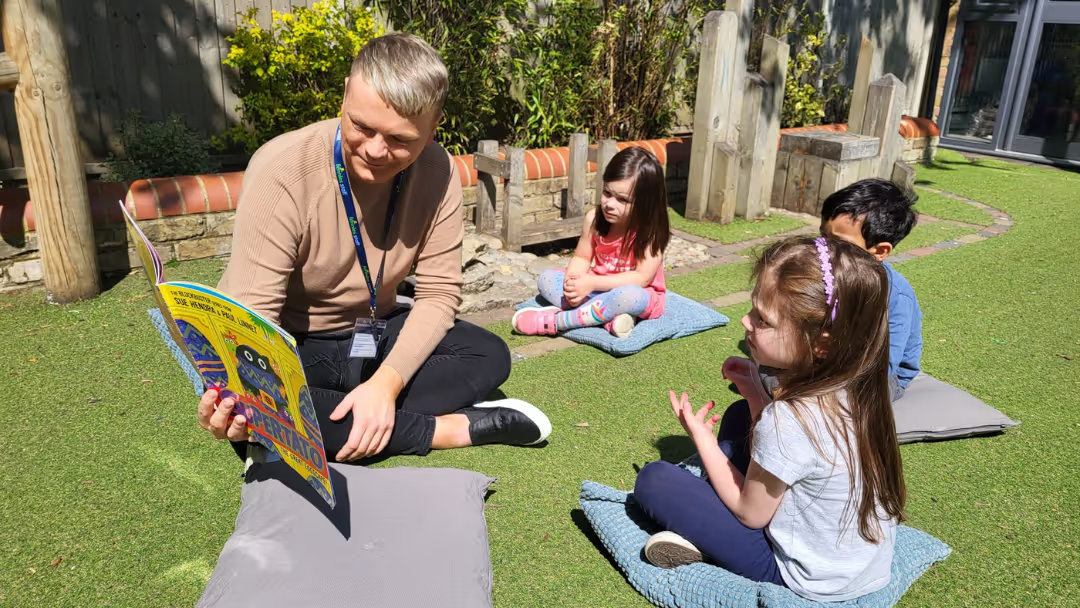
In the UK, Early Years Educators work with children from a few months old to age five, providing structured play-based learning in nurseries, preschools, and other Early Years settings. Responsibilities typically include:
- Creating safe, nurturing learning environments
- Supporting children’s emotional, physical, and cognitive development
- Observing and tracking development using frameworks such as the EYFS (Early Years Foundation Stage)
- Collaborating with families to support children’s learning at home
- Delivering age-appropriate educational activities and experiences
At leading providers like Fennies Nurseries, these responsibilities are carried out within expertly designed environments that support both child development and team well-being.
The Qualifications You Need

To become a qualified Early Years Educator in the UK, there are several pathways depending on your current experience and education level:
1. Level 2 and Level 3 Early Years Qualifications
- Level 2: This is an entry-level qualification (such as the Level 2 Certificate in Children’s Care, Learning and Development) and allows you to work under supervision.
- Level 3: A more advanced qualification (like the Level 3 Diploma in Childcare and Education) qualifies you as an Early Years Educator and enables you to work more independently and take on key roles.
2. Apprenticeships
Apprenticeships are a great way to learn on the job while earning. For example, the Early Years Educator Apprenticeship offers structured training alongside hands-on experience in nursery settings.
3. T Level in Education and Childcare
Introduced recently, T Levels are a two-year technical qualification for students aged 16–19, combining classroom learning with industry placements.
What Skills Are Essential?
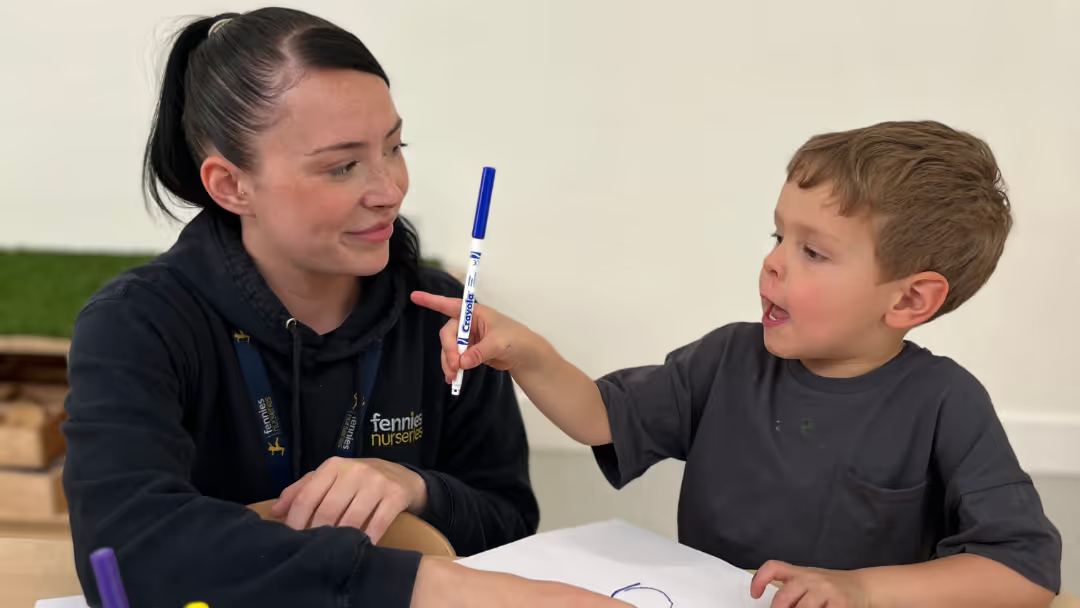
Beyond qualifications, early childhood educators need a range of personal and professional skills, including:
- Excellent communication and listening
- Patience and empathy
- Creativity and flexibility
- Observational and record-keeping skills
- A good understanding of child development
Many of these are nurtured and enhanced through ongoing professional development, something that top Early Years employers like ourselves here at Fennies place significant emphasis on through their Career Development Programmes.
Where to Find Early Childhood Educator Jobs in the UK

Once you’ve decided to pursue a career in Early Years education, the next step is finding the right role. Fortunately, there are plenty of options. You can find Early Years Educator vacancies on:
- Online job boards such as Indeed, Totaljobs, and Nursery World Jobs
- Council websites for local authority nursery positions
- Direct nursery group websites, like the Fennies Careers Page, which lists all current vacancies across 20+ nursery settings
When applying, tailor your CV and cover letter to highlight your qualifications, relevant experience and passion for working with children.
What to Expect from the Interview Process
Interviews for Early Years positions typically include:
- A face-to-face interview with the Nursery Manager or Deputy Manager
- Scenario-based questions to test your approach to safeguarding, learning and behaviour
- A practical assessment or trial session in a nursery room
Preparation is key. Familiarise yourself with the EYFS framework and review our expert guide on nursery interview questions to help you stand out.
Why Work at Fennies?
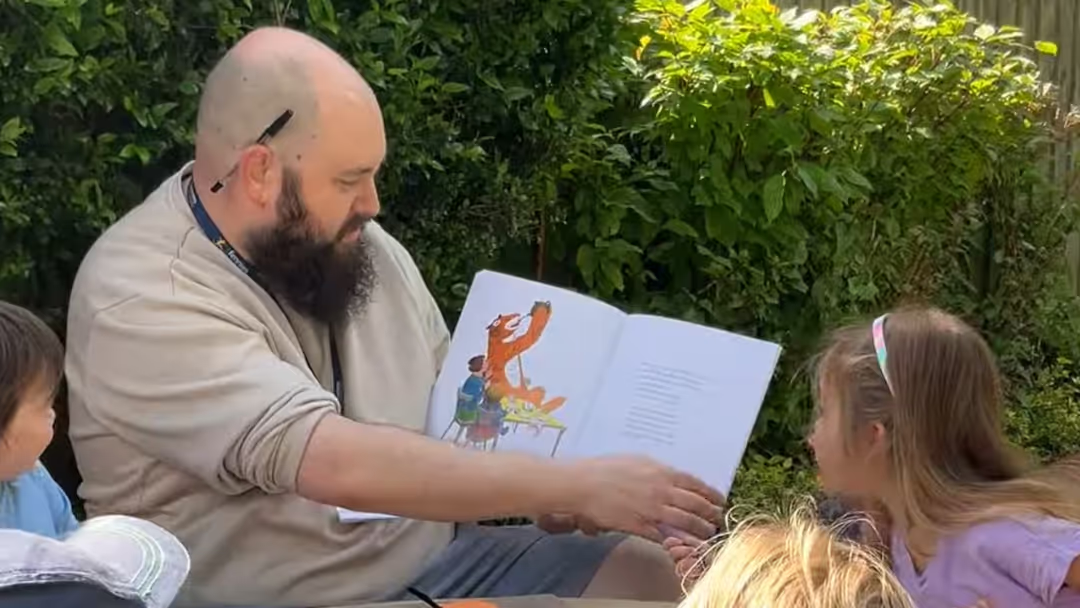
If you’re looking for a career in Early Years that goes beyond the basics, Fennies is a standout employer. Here’s why:
- Purpose-built nurseries: Each of our 24+ locations is designed to enrich the learning experience, from sensory zones to outdoor gardens and creative spaces.
- Professional development: Our in-house Learning & Development team offers bespoke training, coaching, and clear career pathways.
- Employee wellbeing: We provide benefits like BUPA wellbeing support, free meals, discounted childcare, and paid inductions.
- Supportive teams: You’ll never feel like you’re doing it alone, our nurseries benefit from a centralised support office covering HR, Finance, Admissions, Talent and more.
Ready to Start Your Journey?
Becoming an Early Years Educator is more than a job, it’s a chance to inspire young minds and shape future generations. With growing opportunities across the UK and supportive employers like Fennies, now is the perfect time to take the first step.
Whether you're looking to earn while you learn, take on a full-time practitioner role, or progress your career through leadership, there’s a place for you in early years education.
Explore our latest roles and start your journey today!
FAQ
Subscribe to our newsletter
Stay up to date with Fennies news


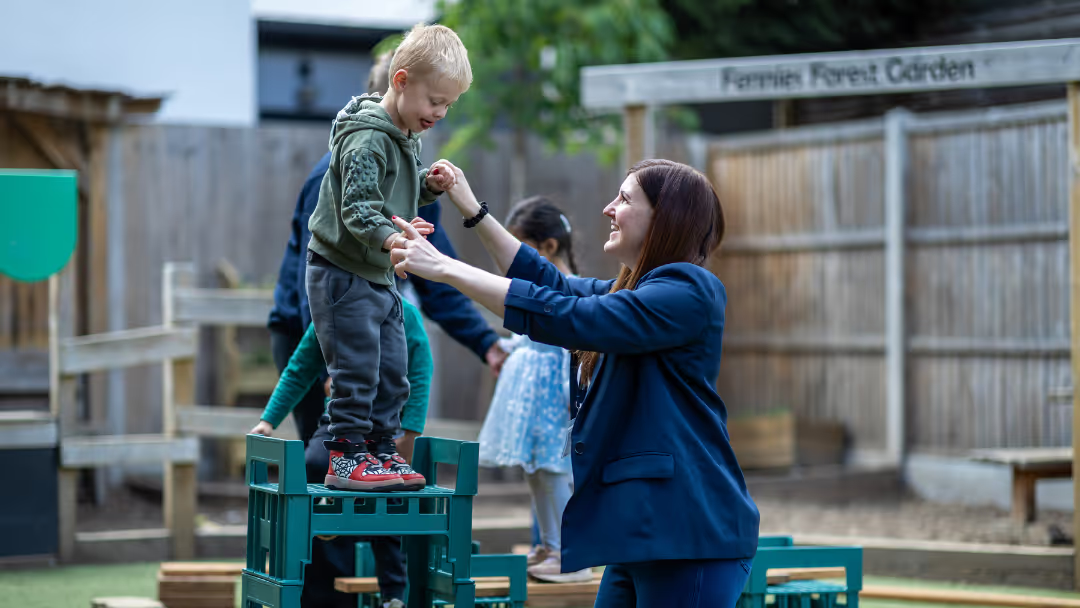


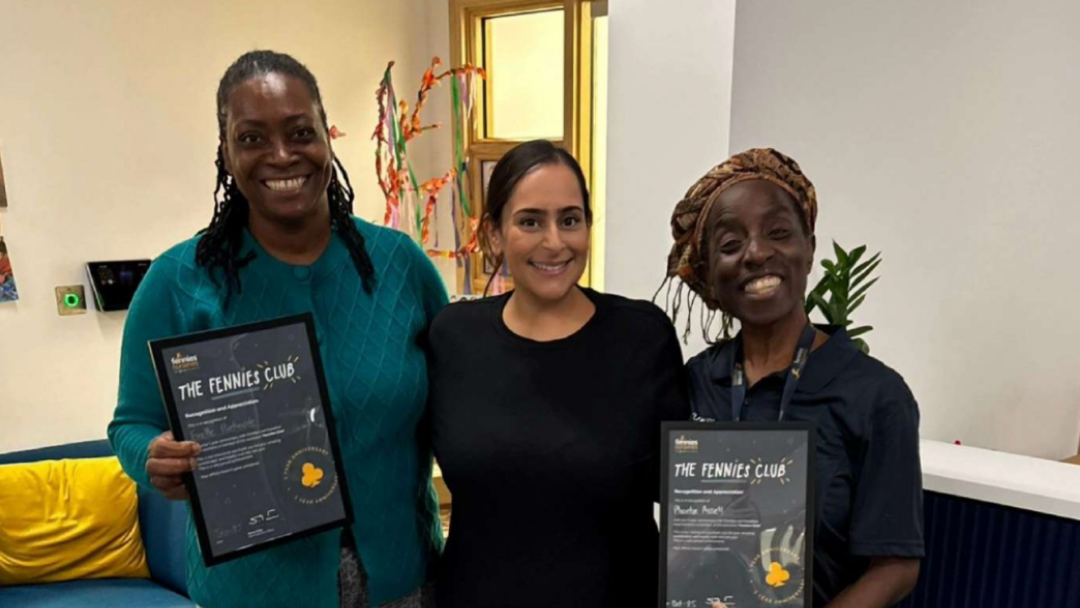

.png)


